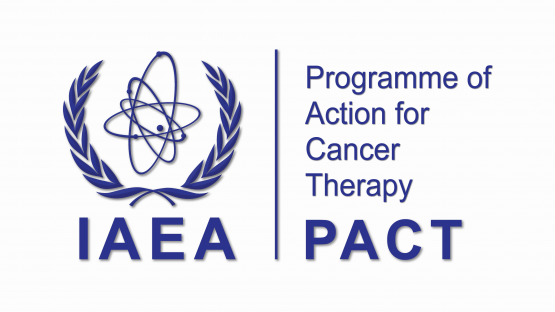Confronted by challenges ranging from high poverty levels, disease outbreaks and devastating natural disasters, the government of Haiti has been working tirelessly with external organizations to support the country’s resilient population. Adding to the range of adverse circumstances already facing the country, Haiti is also affected by a growing burden of non-communicable diseases, such as cancer.
With estimates by the International Agency for Research on Cancer (IARC) suggesting that Haiti experiences more than 8 400 new cancer cases each year, the Haitian government requested the support of the IAEA to assess the country’s cancer control capacity and needs. Responding to the request, the IAEA’s Programme of Action for Cancer Therapy (PACT) planned an imPACT (integrated missions of PACT) Review to Haiti. The mission, organized by the IAEA in collaboration with the WHO Regional and Country Offices and IARC was implemented from 18 to 21 February. The integrated mission team included experts in the various fields of cancer control including radiation medicine and radiation protection and visited a number of institutions across all levels of care.
The First Lady of Haiti, Sophia Martelly, welcomed the team, expressing her appreciation for the IAEA assistance given to Haiti. The First Lady, who is well known for her advocacy role in fighting HIV/AIDS and hunger in Haiti, was also aware of the need for infrastructure development in appropriate cancer treatment, tobacco control, dietary intervention and detecting major cancers affecting the Haitian population particularly cervical and breast cancer.
It is expected that the conclusions and recommendations of the imPACT Review will guide Haitian health authorities in the drafting of a national cancer control plan.


